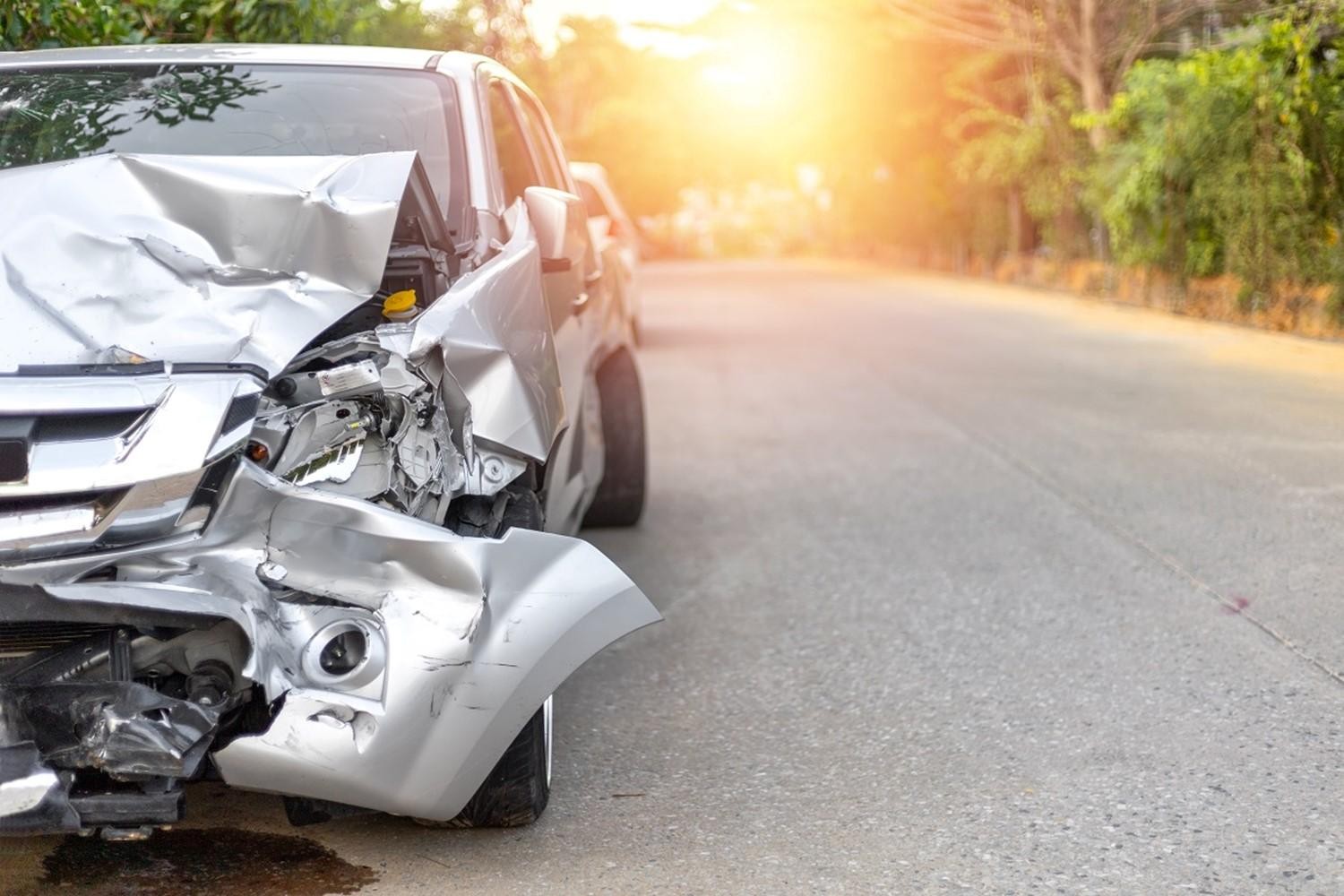Introduction
In life, accidents happen. Whether you’re strolling through a friend’s garden or enjoying a family gathering at a relative's house, the unexpected can occur. What if you slip on a wet floor, trip over an unmarked obstacle, or have a mishap with someone else's pet? Injuries sustained while visiting someone else’s property can be complicated. Who's responsible? What steps should you take next? In this comprehensive guide, we’ll explore what to do if you're injured while visiting someone else’s property, diving into legal responsibilities, personal safety measures, and recovery processes.
Understanding Premises Liability
What is Premises Liability?
Premises liability refers to the legal responsibility that property owners hold for injuries that occur on their property. This includes homes, businesses, and public places.
Key Components of Premises Liability
Duty of Care: Property owners must maintain a safe environment. Breach of Duty: Failure to uphold this standard can lead to injuries. Causation: The owner's negligence must directly cause the injury. Damages: Victims must prove they suffered actual damages.Types of Visitors
Understanding your status as a visitor can influence the outcome of potential claims:
- Invitees: Guests welcomed onto the property for mutual benefit (e.g., customers in a store). Licensees: Individuals allowed on the property for their own purpose (e.g., friends visiting). Trespassers: Uninvited guests who enter without permission.
Your Rights as a Visitor
As an invitee or licensee, you have rights under premises liability laws that protect you against unsafe conditions on someone else's property.
What to Do If You're Injured While Visiting Someone Else’s Property
Immediate Steps After an Injury
Assess Your Condition: Take stock of your injuries immediately after the incident. Seek Medical Attention: Don’t hesitate; prioritize your health by getting evaluated by professionals. Report the Incident: Inform the property owner about what happened.Documenting the Scene
Collect evidence at the scene of the injury:
- Take photos of where you fell or were injured. Gather witness statements and contact details. Keep records of any medical treatment received.
The Importance of Medical Documentation
Why You Need Medical Records
Medical documentation serves as crucial evidence in establishing your case:
It confirms your injuries were caused by the incident. It details ongoing treatments and future care needs.Keeping Track of Expenses
Keep meticulous records of all medical expenses incurred due to your injury:
- Doctor bills Prescription medications Rehabilitation costs
Legal Considerations Following Your Injury
Consulting with a Personal Injury Attorney
If your injuries are http://fleet-vehicle-crashes-common-causes-blueprint.raidersfanteamshop.com/investigating-the-causes-of-large-vehicle-accidents severe or involve significant costs, consulting with an attorney specializing in personal injury law can be beneficial:

- They understand local laws regarding premises liability. They can help assess whether you have a valid claim.
Understanding Insurance Policies
Property owners may have insurance policies that cover liability claims:
Homeowner's Insurance Renter's Insurance Commercial Liability InsuranceFiling an Injury Claim
If negotiations with the property owner's insurance fail, filing a formal claim might be necessary:
Gather all evidence and documentation. Submit your claim within statutory time limits (often two years).
Common Types of Injuries on Someone Else's Property
Slip and Fall Accidents
These are among the most common incidents leading to injuries:
- Wet floors Uneven pavements Poor lighting conditions
Animal Attacks
Pets can sometimes pose unexpected dangers:
- Dog bites Aggressive behavior from other animals
Inadequate Maintenance Claims
Negligent upkeep can lead to various hazards:
- Broken handrails Cracked sidewalks
Navigating Emotional and Psychological Impact
Recognizing Emotional Trauma Post-Injury
Injuries don't just affect physical health; they can also lead to emotional distress:
Anxiety about similar situations in the future. Depression stemming from prolonged recovery times.Seeking Support Services
Consider professional counseling if you're struggling emotionally after an injury:
Therapists specialize in trauma recovery. Support groups provide community and shared experiences.Developing a Recovery Plan After Your Injury
Physical Rehabilitation Options
Recovering from physical trauma often requires structured rehabilitation programs:
Physical therapy sessions focusing on strength building. Occupational therapy for daily activity adjustments.Setting Realistic Goals for Recovery
Set achievable goals during recovery to maintain motivation and track progress effectively:
Short-term goals (e.g., walking unaided). Long-term goals (e.g., returning to work).Preventive Measures for Future Visits
How to Keep Yourself Safe When Visiting Others' Properties
When visiting friends or family, knowing how to protect yourself is essential:
Always wear appropriate footwear. Be mindful of surroundings—watch where you're stepping!Discuss Safety Concerns with Hosts
Don’t hesitate to voice concerns about safety when entering someone else’s home; it shows you care and promotes awareness!
FAQs About Injuries on Someone Else's Property
What should I do first if I get injured? Always seek medical attention first; then report the incident to the property owner.
Can I sue if I get hurt on someone else’s property? It depends on circumstances; consult with an attorney for specific legal advice based on your situation.
Is it necessary to have witnesses for my claim? While not mandatory, witness accounts bolster your case significantly by corroborating events.
How long do I have to file my claim? Typically two years from the date of injury; however, this period varies by state—check local laws!
Will my homeowner's insurance cover me if I’m injured? Often yes—homeowner's policies typically include liability coverage that protects guests against certain claims.
What if I was partially at fault for my injury? Depending on state laws regarding comparative fault, you may still recover damages even if partly responsible.
Conclusion
Experiencing an injury while visiting someone else’s property can turn an enjoyable outing into a stressful ordeal filled with uncertainty regarding responsibilities and next steps . However, understanding premises liability laws empowers you to navigate this challenging situation effectively . Remember , prioritizing your health , documenting everything , seeking legal counsel when needed , and leaning into support systems enhances both physical recovery and emotional resilience . By being informed , you'll feel more confident handling any unforeseen circumstances during future visits . So go ahead—enjoy those gatherings knowing you're equipped with knowledge about what steps to take if something goes awry .